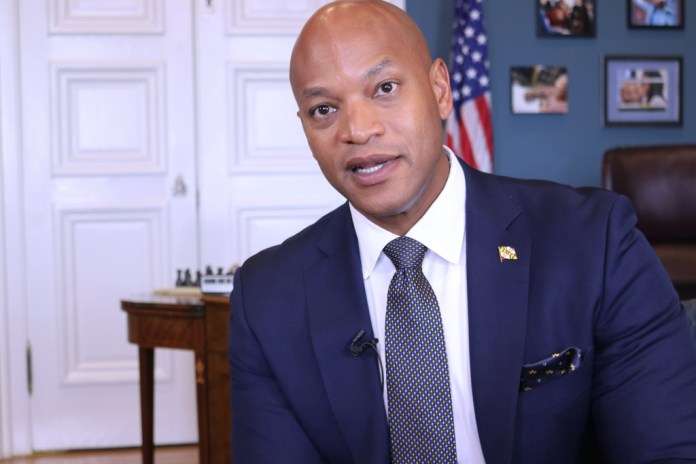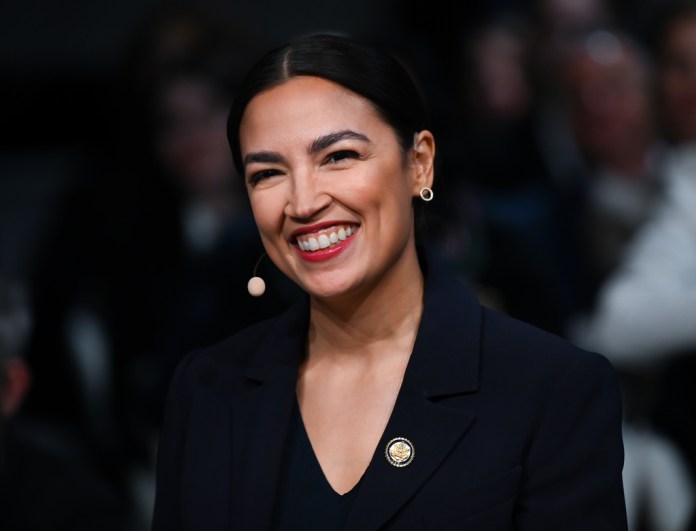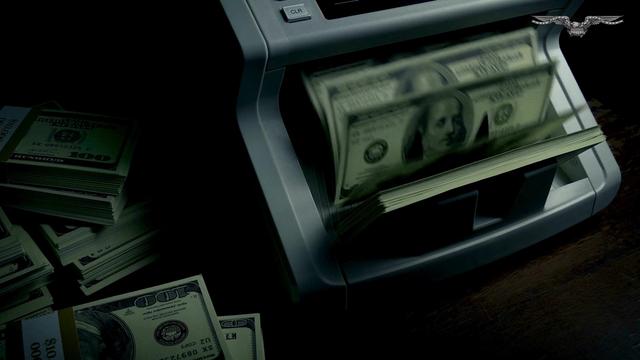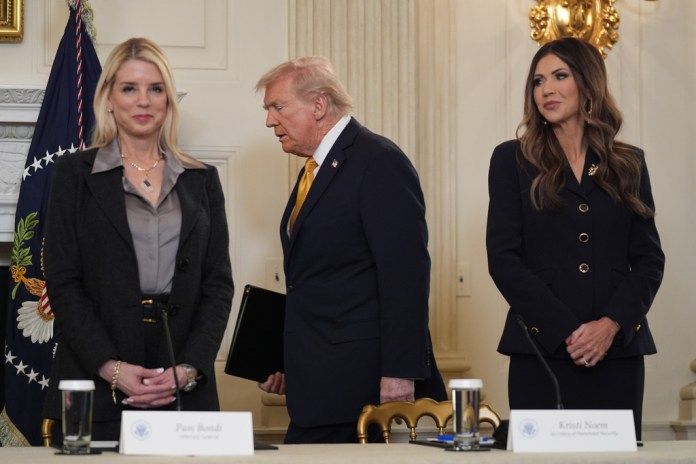White House to dial back certain food tariffs in affordability push
The Trump management plans to ease tariffs on certain imported food products,such as bananas,coffee,and cocoa,to help reduce rising food prices and address affordability concerns. This shift comes despite President Trump’s generally tough stance on tariffs and follows recent elections where many voters cited the cost of living as a key issue. U.S. Trade Representative Jamieson Greer and Treasury Secretary Scott Bessent indicated that tariff exemptions would target goods not produced domestically, aiming to provide some consumer relief without abandoning broader trade policies. While the administration highlights that tariffs protect American workers and support economic growth, critics-including some Democrats-argue that tariffs have increased costs for consumers and call for a broader rollback. The move is seen as a strategic effort to alleviate inflation pressures ahead of upcoming elections, as affordability remains a significant concern for voters.
Trump administration plans to ease food tariffs in affordability push
The Trump administration is planning to grant new tariff exemptions that would help with food prices as part of its push to help with affordability.
The move is notable given President Donald Trump’s hard line on tariffs and comes after Democrats outperformed Republicans in this month’s off-year elections. Many voters cited the cost of living and affordability as major concerns.
WHAT CAN TRUMP DO TO HELP COST OF LIVING BEFORE MIDTERM ELECTIONS
U.S. Trade Representative Jamieson Greer gave more information about the move on Friday. He said on CNBC that, on a macro level, Trump’s tariff policies have been “incredibly successful,” but acknowledged that some tariffs on food goods produced almost entirely abroad might not be necessary.
“Are there micro areas, like bananas or coffee or cocoa or things like that, where we don’t need a tariff? I think that’s right,” Greer said. “The president appropriately used them as leverage to get these deals.”
Similarly, Treasury Secretary Scott Bessent hinted this week that trade policies for certain food products will soon be changed in an effort to ease cost-of-living concerns. He did not provide any specifics about what the changes to trade policy might be or which countries could see their tariff levels change.
“You’re going to see some substantial announcements over the next couple of days in terms of things we don’t grow here in the United States, coffee being one of them, bananas, other fruits, things like that,” Bessent said on Fox and Friends.
In a statement provided to the Washington Examiner by the White House, spokesman Kush Desai highlighted a September executive order that laid out assorted natural resources and agricultural products not produced domestically that could be eligible to have tariffs lifted.
“Exemptions are accordingly set to be granted following a spate of new trade deals being inked with some of our biggest allies in the western hemisphere, in addition to the deals that President Trump has already secured with the EU, Japan, the UK, and other major trading partners,” Desai said.
“President Trump’s tariffs are levelling the playing field for American workers and securing trillions in investments to make and hire in America, and Americans can rest assured that our America First trade strategy will continue to help restore American Greatness,” he added.
For some time, there have been calls for the Trump administration to cut tariffs on certain food products for which the U.S. does not have significant production capacity. Some food products, such as bananas and coffee beans, are not produced in the U.S. and have risen in price due to tariffs.
The most recent inflation report shows that coffee prices have shot up a blistering 18.9% over the past year. Banana prices are up nearly 7% in the 12 months ending in September, according to the same report.
The administration is also weighing exemptions on citrus and beef products, although that decision is not finalized yet, the New York Times reported.
Ryan Young, a senior economist at the Competitive Enterprise Institute and a critic of tariffs, said that, politically, this is a way the White House can lower prices for consumers without conceding its overall trade policies.
“This is something they can roll back without having to take back anything they’ve said about trade deficits, or national security, or propping up American manufacturing,” Young told the Washington Examiner. “For them, it’s cost-free while giving consumers a little bit of a break.”
Following reports of the food tariffs being eased, some Democrats used the opportunity to go after Trump’s tariff agenda more broadly.
Sen. Ron Wyden (D-OR), ranking member of the Senate Finance Committee, said in a Friday statement that Trump has “finally admitted” that tariff policies are worsening the country’s affordability situation.
“No announcement Trump makes on tariffs lasts for long,” Wyden said. “Even if he lifts his taxes on a few products this week, American consumers, farmers, and small businesses will be paying more for essential goods for as long as he’s in office and Republicans refuse to do their job and end the tariffs. I’ll be working at every opportunity to restore Congress’s power over tariffs and give Americans relief from Trump’s senseless trade taxes.”
Peter Loge, director of the George Washington University School of Media and Public Affairs, said that, from a political standpoint, what voters are feeling about inflation and affordability right now is less important than what they end up feeling closer to next year’s midterm elections.
“I think that if voters feel like their bills are coming down, they’re going to reward the people who they give credit for their bills coming down, which in this case, it might be the White House and Republicans in Congress,” Loge told the Washington Examiner.
But Democrats will undoubtedly be hammering the issue of affordability heading into next year, particularly because of recent polling and this month’s election results.
TRUMP PROMISES $2,000 TARIFF DIVIDEND CHECKS: HOW THE REBATE PAYMENTS COULD WORK
Polls showed that the economy was the No. 1 issue in Virginia, where Democrats won statewide elections easily, and the cost of living was by far the top issue for voters in New York City.
Trump has argued repeatedly that tariffs are helping the economy, but many voters disagree. A recent ABC News/Washington Post/Ipsos poll found that 63% of people think tariffs add to inflation, and a majority of those surveyed say they hurt their families’ financial situations.
" Conservative News Daily does not always share or support the views and opinions expressed here; they are just those of the writer."




